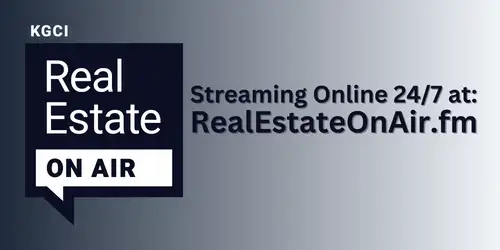Is Wholesaling Becoming Illegal?
Download MP3Summary
Wholesaling real estate is not becoming illegal, but it is becoming more regulated across the United States. While the practice of wholesaling is generally legal, an increasing number of states are enacting new laws to add consumer protections and increase transparency in the industry. The primary goal of these new laws is to prevent wholesalers from acting as unlicensed real estate agents.
Wholesaling real estate is not becoming illegal, but it is becoming more regulated across the United States. While the practice of wholesaling is generally legal, an increasing number of states are enacting new laws to add consumer protections and increase transparency in the industry. The primary goal of these new laws is to prevent wholesalers from acting as unlicensed real estate agents.
Key Legal & Regulatory Trends ⚖️
- Increased Disclosure Requirements: This is the most common new regulation. States like Texas, Oklahoma, and Pennsylvania have passed laws requiring wholesalers to clearly disclose their role in the transaction. This means the wholesaler must inform all parties, in writing, that they are selling their interest in a contract, not the property itself. Failure to do so can result in significant fines or legal action.
- Restrictions on Advertising: Many new laws focus on how a wholesaler can market a property. Some states now prohibit wholesalers from advertising a property they do not own, as this can be misconstrued as the unlicensed practice of real estate. Instead, wholesalers are often required to market their "equitable interest" in the contract.
- Licensing and Registration: Some states, such as Pennsylvania and Illinois, have passed laws that require wholesalers to register with a state agency or obtain a real estate license if they engage in a certain number of transactions per year. This brings wholesalers under the oversight of a state's real estate commission.
- Granting New Consumer Rights: New laws in states like Pennsylvania and Oregon grant consumers the right to cancel a wholesale contract within a specific timeframe, allowing them to seek legal counsel or an appraisal before finalizing the deal.
The controversy surrounding wholesaling largely stems from a lack of transparency by some individuals, which has led to a push for greater regulation by both consumer protection groups and licensed real estate agents.

